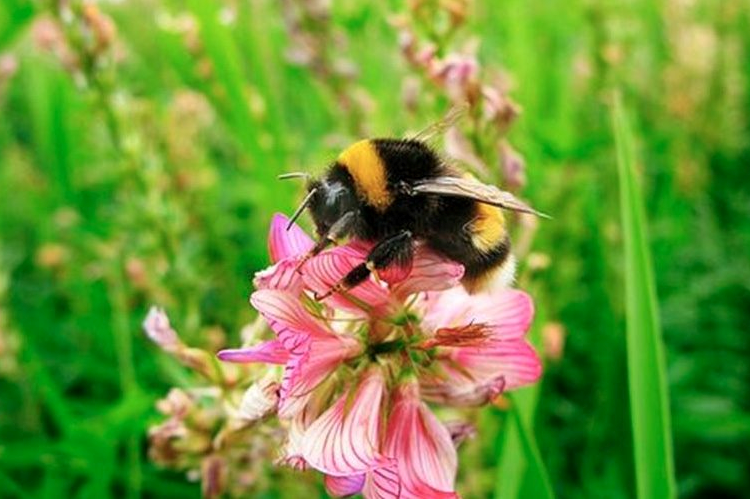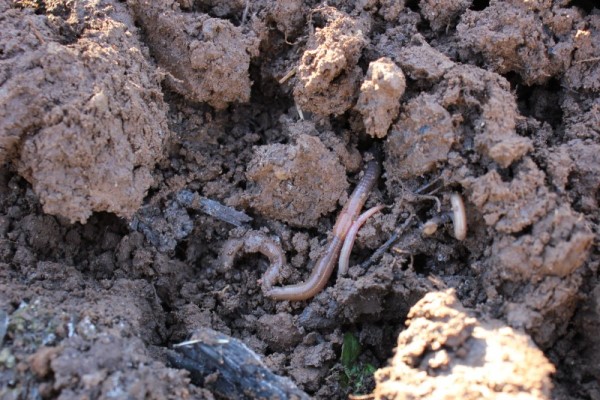Agri-Environmental Farm Management
Land managers are under increasing pressure to deliver more from the land they manage. Long gone are the days when farmers only had to produce food. Now they must balance food production with multiple other goals, from nutrient and carbon budgeting to protecting watercourses from diffuse pollution, all at the same time as conserving farmland wildlife. Agri-environmental management practices can help farmers achieve a wide range of benefits from the land they manage in harmony with food production. Adopting more environmentally-friendly farming practices can also help ensure long-term economic and environmental sustainability.
Many environmentally friendly management practices are targeted to enhance farmland for birds and beneficial insects. Farmland birds not only bring our countryside alive with colour and song but also disperse seeds and can help keep pest species at bay. Being highly visual, birds can be an important indicator of farmland health.
Increasing the biodiversity on your farm does not require losing large areas of your productive land, small and simple measures can be incorporated onto your farm which will enhance the habitat for many species of invertebrates, birds, mammals and many other species of plants and animals.
Find out more with our Improving Biodiversity on Your Farm webpage that highlights many of the low impact improvements that can be made with little detriment to the farmed area, but which can greatly improve the biodiversity value of your holding.
Are you milking your environment webinar recording
During this webinar our guest speaker was Donal Sheenan, a dairy farmer first and foremost, but also the project manager for the BRIDE (Biodiversity Regeneration in a Dairying Environment) project in Ireland. Donal explained how the project works and how farmers can integrate lots of little management changes throughout the farmed area to improve both biodiversity but the value of the farm.
Find out more about 'Using Technology to Record Biodiversity'
Sign up to the FAS newsletter
Receive updates on news, events and publications from Scotland’s Farm Advisory Service




